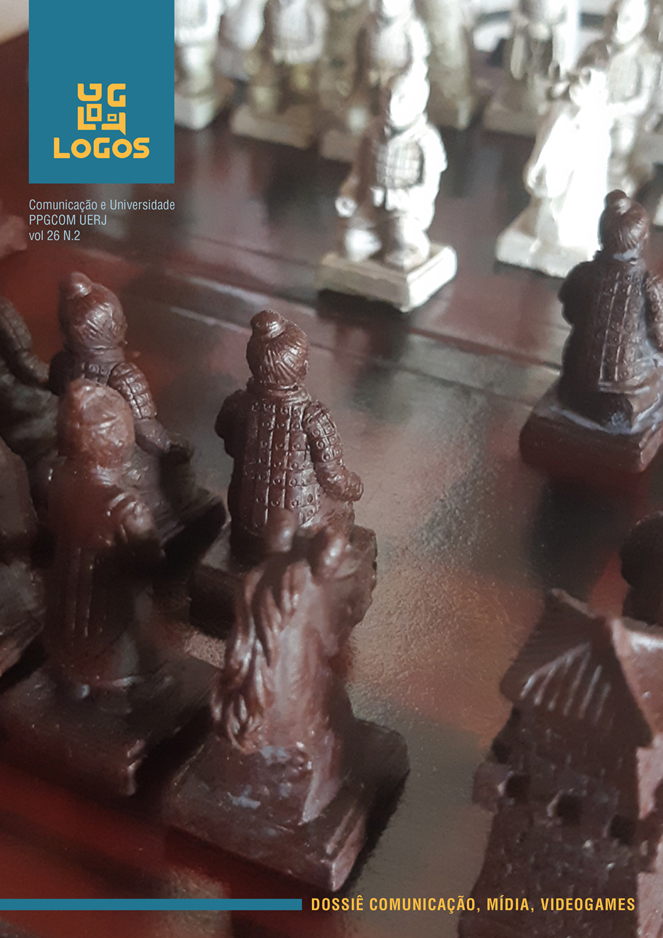Our Present Misfortune: Games and the Post-bureaucratic Colonization of Contingency
DOI:
https://doi.org/10.12957/logos.2019.47323Palavras-chave:
Contingency, Games, Greece, Institutions, Luck, Performance, Second Life, TechnologyResumo
Anthropology is turning toward a new engagement with acentral question of Weber: how do people come to understand the distribution
of fortune in the world? Our discipline’s recent examination of
the uses of the past prompts us to ask how stances toward the future are
both the product of cultural logics and the target of institutional interests.
In this article, I trace the engagement with contingency in anthropology
and social thought, and then compare the nonchalant stance toward the
future found in Greek society with the different disposition of individual
gaming mastery in the digital domain, such as in Second Life, but also
in the longest-running Greek state-sponsored game: Pro-Po. These examples
illustrate how games are increasingly the sites for institutional efforts
both to appropriate creativity and to generate distinctive subjectivities.
Downloads
Não há dados estatísticos.
Downloads
Publicado
2020-01-23
Como Citar
MALABY, Thomas M. Our Present Misfortune: Games and the Post-bureaucratic Colonization of Contingency. Logos, Rio de Janeiro, v. 26, n. 2, p. 27–42, 2020. DOI: 10.12957/logos.2019.47323. Disponível em: https://www.e-publicacoes.uerj.br/logos/article/view/47323. Acesso em: 25 set. 2025.
Edição
Seção
Dossiê "Comunicação, Mídia, Videogames”
Licença
1. Os textos serão revisados e poderão sofrer pequenas correções ou cortes em função das necessidades editoriais, respeitado o conteúdo.
2. Os artigos assinados são de exclusiva responsabilidade dos autores.
3. É permitida a reprodução total ou parcial dos textos da revista, desde que citada a fonte.
2. Os artigos assinados são de exclusiva responsabilidade dos autores.
3. É permitida a reprodução total ou parcial dos textos da revista, desde que citada a fonte.
4. A Revista Logos se reserva o direito de não permitir alterações no documento original submetido pelo Autor, uma vez avaliado ou em fase de avaliação ou de edição.
5. A Revista Logos não se responsabiliza por eventual indicação errada ou fraudulenta de autoria e co-autoria.

